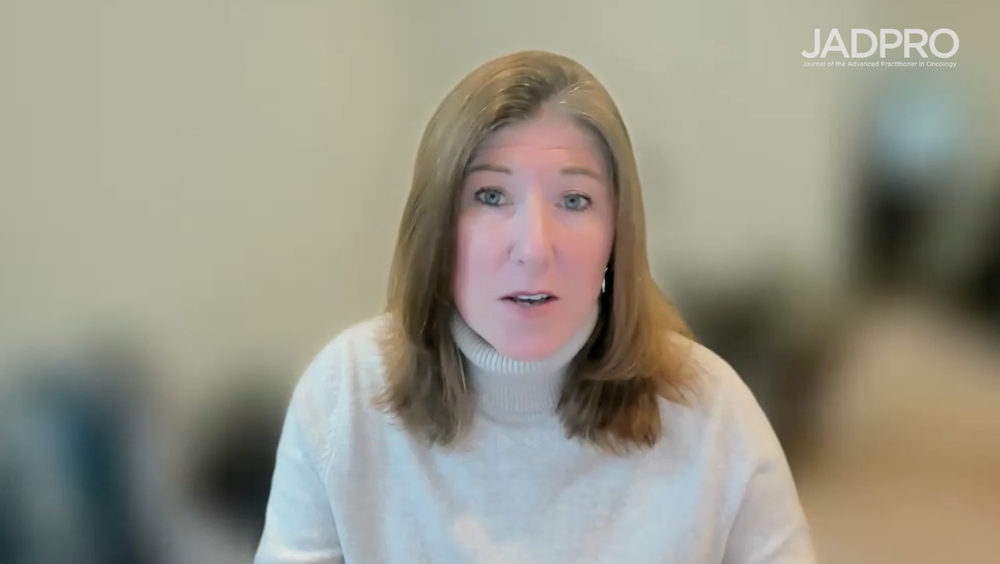Transcript
Third abstract is a randomized placebo-controlled study looking at a therapy for hereditary hemorrhagic telangiectasia. Hereditary hemorrhagic telangiectasia, and from here on I will call this HHT, is the second most common inherited bleeding disorder. It's an autosomal dominant disorder occurring in about one out of 5,000. Previously, there's been no real dedicated systemic therapy. It can be caused by mutations in several genes, most of them affecting the serine-threonine kinase or AKT. Remember those initials. It results in recurrent mucosal bleeding. Epistaxis is often severe. Occult GI bleeding can happen. Visceral bleeding as well, with large vascular malformations causing symptoms. Symptomatic lesions in the lungs, liver, and brain. Symptoms develop over time, often starting in early teenagerhood, but they can start much, much later and again progress throughout their life.
This is a commonly missed disorder, for example, as a cause of refractory iron deficiency, and the diagnosis is becoming more and more important as therapies are developed. It can be diagnosed clinically, especially if the patient has a family history, or with genetics, which are effective although not perfect. Current therapy is symptomatic: iron to replace iron deficiency, cautery and surgical procedures, topical therapies like tranexamic acid and propranolol, and, if necessary, radiologic or even surgical approaches to some of the arteriovascular malformations. With little trial data, systemic recommendations have been made, including bevacizumab, pomalidomide, and other IMiDs, but all of these have prothrombotic side effects.
VAD044 is an oral daily inhibitor of the AKT1 and 2 enzymes. Now, this was a randomized controlled study in both the EU and in the US, looking really at safety and tolerability, not efficacy, in patients with moderate to severe HHT, defined as greater than 20 episodes of epistaxis or greater than 80 minutes of bleeding per month and/or the requirements for IV iron or PRBCs in the preceding six months. With these criteria, 75 patients were randomized to three different groups. One group received the drug VAD044, 30 milligrams. One group received it 40 milligrams daily, and the other group was a placebo group. This went on for 12 weeks with an 8-week follow-up.
The results: six patients discontinued their therapy. There were grade one and two adverse events common in all three groups. It was felt that perhaps the rash, diarrhea, and hyperglycemia might be drug-related. These are known side effects, but the incidence of side effects was similar in all three groups. Grade three adverse events occurred in 15% but were equally distributed through all three groups. None of them were felt to be related to the drug.
The response was obtained by evaluating epistaxis frequency, duration, and epistaxis-free days, and all of these improved significantly. There was a global impression scale, and patients felt that they were much better 60% of the time with the 40 milligrams, 35% of the time with 30 milligrams, and 17% of the time with the placebo. At 12 weeks, there was a one-gram hemoglobin difference between the 40-milligram treatment group and the placebo group, and there were felt to be visible regressions of lesions.
So, this is the first-ever novel therapy being developed specifically for HHT, and it appears to be safe, tolerable, and potentially effective in obviously a very preliminary trial. What this study really does, in my mind, is to remind you to look ever more carefully for this very common and commonly missed disorder, which can present to us as refractory iron deficiency. This is only the first of a number of new dedicated therapies which look like they're going to be coming out in the near future. And this therapy itself appears to be preliminary but very promising.











